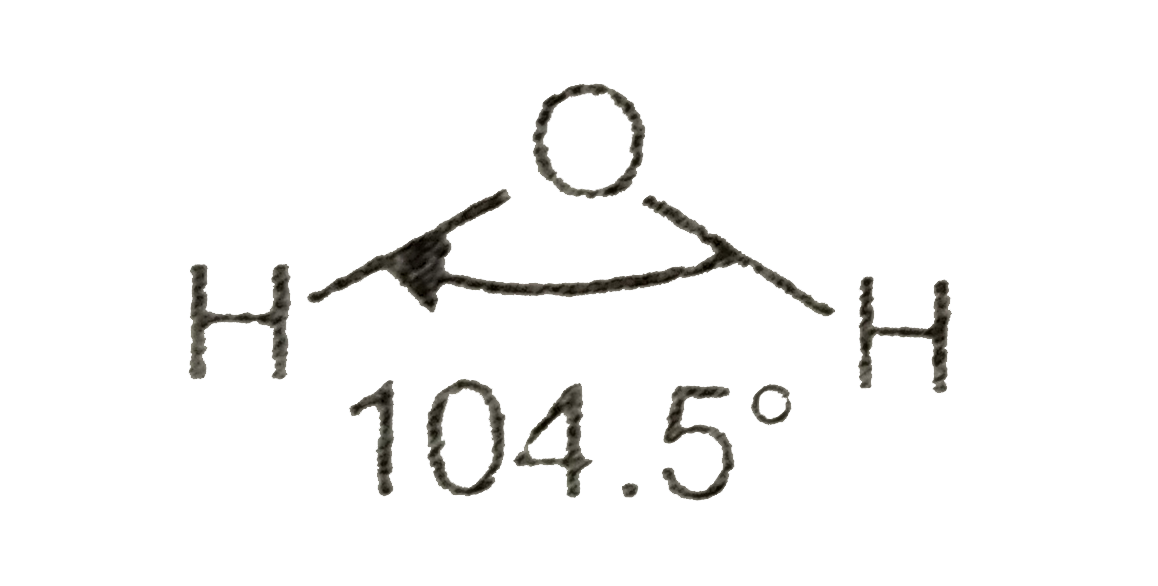In polar dielectrics , tiny electric dipoles are randomly oriented
in absence of electric field
in presence of electric field.
in presence of magnetic field.
all of these
The correct Answer is:A
Step by step video, text & image solution for In polar dielectrics , tiny electric dipoles are randomly oriented by Physics experts to help you in doubts & scoring excellent marks in Class 12 exams.
Updated on:21/07/2023Topper's Solved these Questions
- ELECTROSTATICSBOOK - TARGET PUBLICATIONCHAPTER - ELECTROSTATICSEXERCISE - COMPETITIVE THINKING
124 Videos
- ELECTROSTATICSBOOK - TARGET PUBLICATIONCHAPTER - ELECTROSTATICSEXERCISE - EVALUATION TEST
14 Videos
- ELECTROSTATICSBOOK - TARGET PUBLICATIONCHAPTER - ELECTROSTATICSEXERCISE - EVALUATION TEST
14 Videos
- ELECTROMAGNETIC INDUCTIONBOOK - TARGET PUBLICATIONCHAPTER - ELECTROMAGNETIC INDUCTIONEXERCISE - EVALUATION TEST
8 Videos
- GRAVITATIONBOOK - TARGET PUBLICATIONCHAPTER - GRAVITATIONEXERCISE - EVALUATION TEST
24 Videos
Similar Questions
Knowledge Check
Assertion: When a dielectric material is kept inside some external electric field then the net electric field intensity inside the volume of dielectric is always less than external electric field intensity.
Reason: In a normal state, polar molecules of dielectric material are randomly oriented and their net electric field remains zero. If we apply electric field on a dielectric material then the polar molecules experience torque and gets aligned along its direction.AIf both assertion and reason are correct and reason is a correct explanation of the assertion .BIf both assertion and reason are correct but reason is not the correct explanation of assertionCIf assertion is correct but reason is incorrectDIf assertion is incorrect but reason is correct.Assertion: In the absence of an external electric field, the dipole moment per unit volume of a polar dielectric is zero.
Reason : The dipoles of a polar dielectric are randomly oriented.AAssertion is correct, reason is correct, reason is a correct explanation for assertion.BAssertion is correct, reason is correct, reason is not a correct explanation for assertionCAssertion is correct, reason is incorrectDAssertion is incorrect, reason is correctAssertion: In the absence of an external electric field, the dipole moment per unit volume of a polar dicletric is zero.
Reason : The dipoles of a polar diclectric are randomaly oriented.AIf both assertion and reason are ture and reason is the correct explanation of assertion.BIf both assertin and reason are ture but reason is not the correct explanation of assertion .CIf assertion is true but reason is false.DIf both assertion and reason are false.
How a non polar dielectric develops a net dipole moment when placed in electric field?
View SolutionWhat are polar dielectrics?
View SolutionElectric Dipole moment is a vector quantify . If a compound contain more than one polar bond then , the net electric dipole moment is equal to vector sum of individual dipole moment .
e.g., In H2O
μ=1.84D

Out of following which has the highest dipole moment
View SolutionA: In a diamagnetic substance each atom has a non-zero dipole moment but due to thermal agitation the individual dipoles ramein randomly oriented and, therefore, the net dipole moment in any finite volume of the substance remains zero.
R: On increasing the temperature the magnetism inside a perament magent increases.
View SolutionAssertion(A): An applied field will polarize the polar dielectirc material
Assertion(R ): In polar dielectric each molecular has a permanent diple moments but these are randomly oriented in the absence of an externally applied electric field.
View Solution
